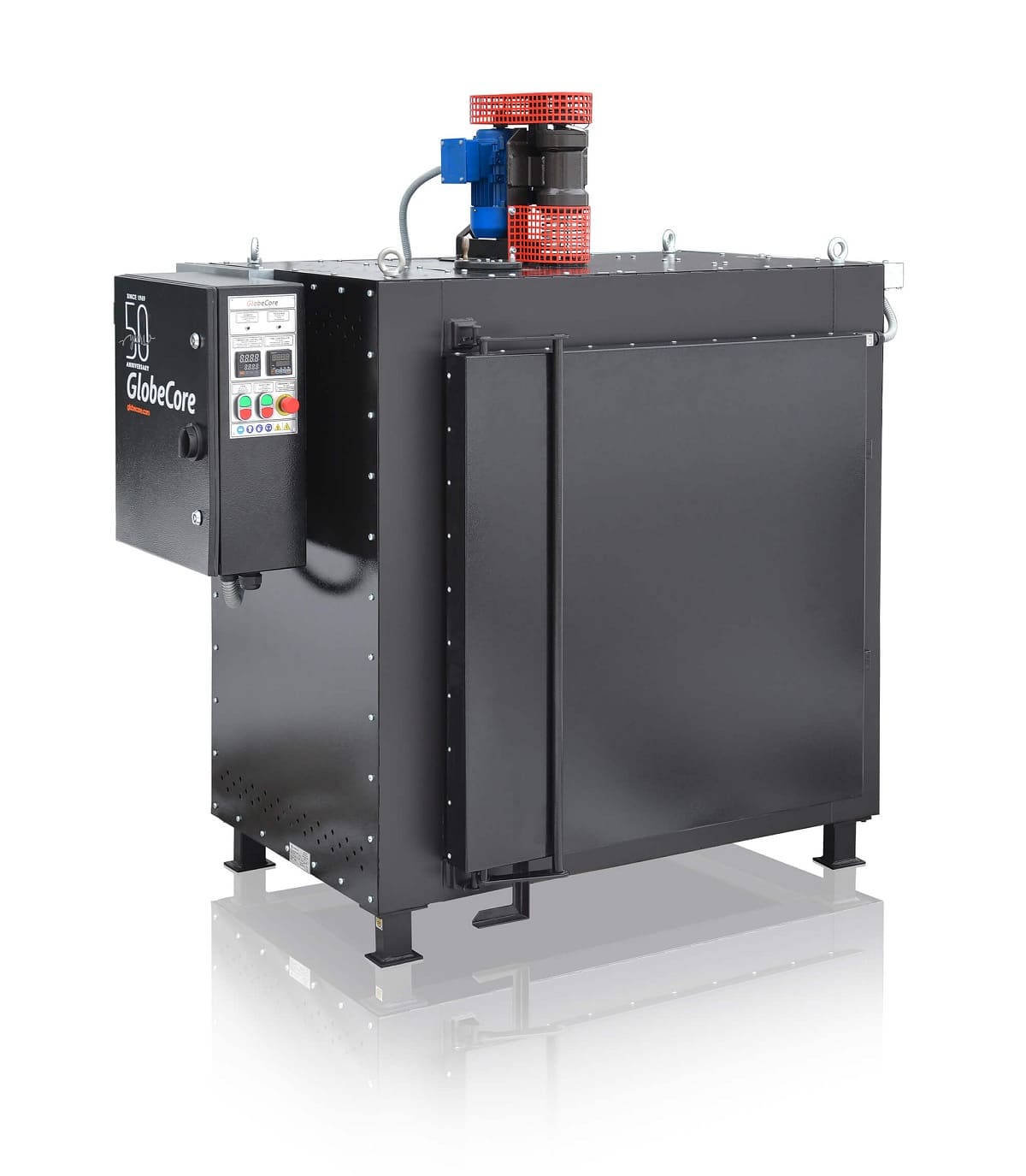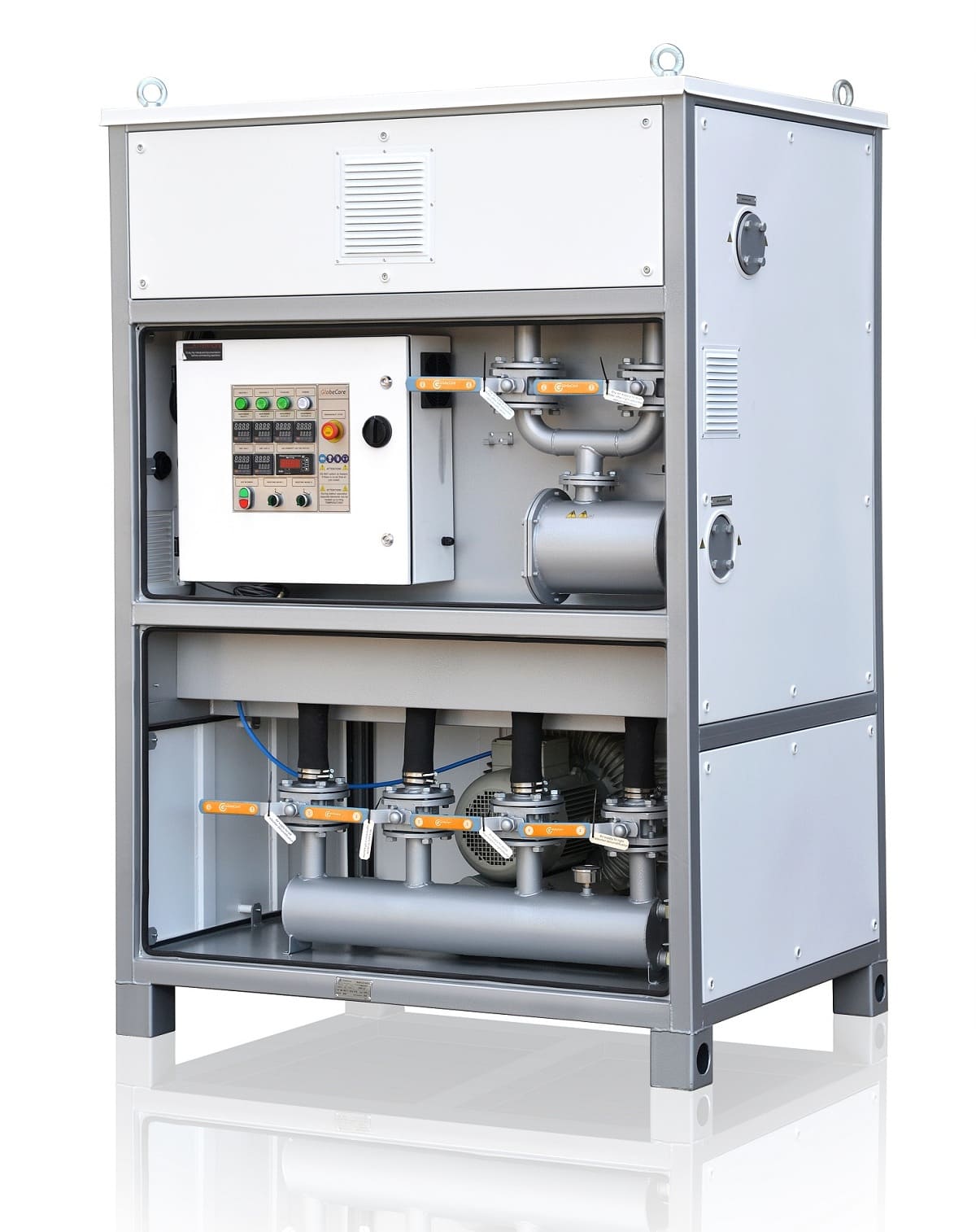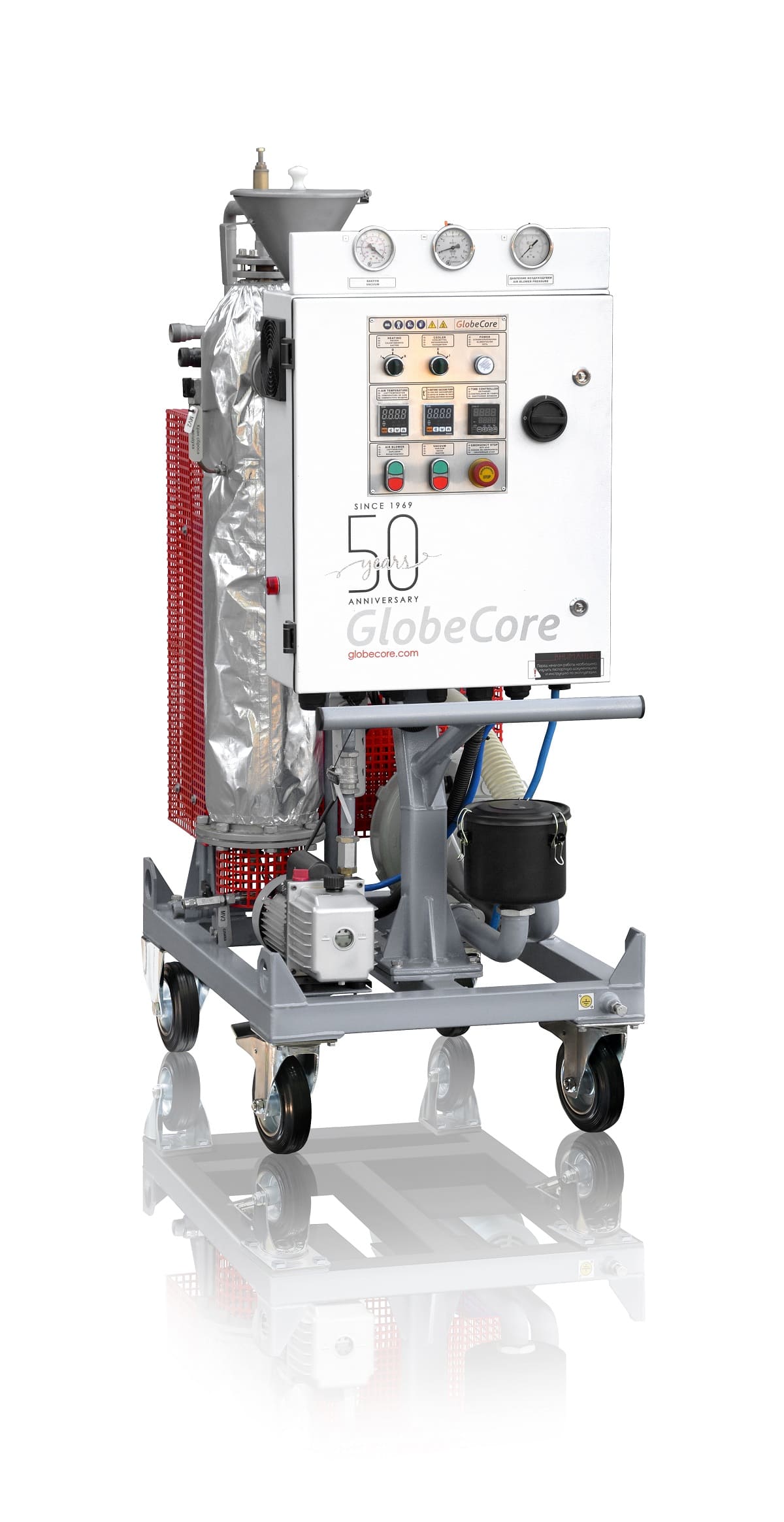How do Transformer Oil Drying Properties influence the selection of an Air Drying System?
- Este tópico contém 1 resposta, 2 utilizadores e foi actualizado pela última vez há 1 ano, 2 meses por .
Answers
-
Outubro 7, 2024 às 8:00 am by Christopher Mcdaniel
The drying properties of transformer oil play a crucial role in the selection of an Air Drying System, as these properties determine how effectively and efficiently the system can remove moisture and other contaminants. Viscosity is a key property; oils with higher viscosity may require more powerful air circulation and heating elements to achieve effective moisture evaporation. Boiling Point influences the temperature settings needed for the drying process, as oils with higher boiling points may necessitate higher temperatures to facilitate moisture removal without degrading the oil. Dielectric Strength is another important factor; oils with high dielectric strength require precise drying to maintain their insulating properties, necessitating systems that can achieve low moisture levels without compromising oil integrity. Thermal Stability determines the maximum operating temperature the drying system can utilize without causing thermal degradation of the oil. Additionally, chemical composition and the presence of any additives in the oil can affect how it interacts with drying agents and the overall purification process. Moisture Absorption Rate is also considered, as oils that absorb moisture more readily may require systems with higher airflow rates and more efficient moisture extraction capabilities. By thoroughly understanding the drying properties of the transformer oil, maintenance teams can select an Air Drying System that is tailored to the specific needs of the oil, ensuring effective moisture removal and preserving the oil’s essential insulating and cooling functions.



